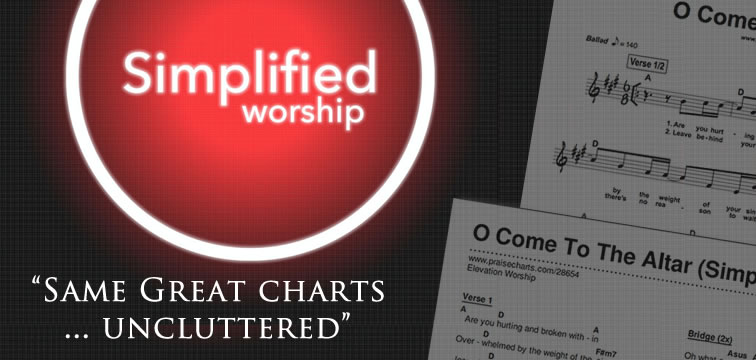Words That Sing
Featuring Paul Baloche Posted on January 18, 2010
What’s the difference between a lyric and a poem? A poem may be a lyric, but a lyric isn’t necessarily a poem. Take, for example, the chorus of the favorite Christmas carol:
GlO o-o-o-o O o-o-o-o O o-o-o-o O ria!
In excelsis Deo!
GlO o-o-o-o O o-o-o-o O o-o-o-o O ria!
In excelsis De-e-O!
This is one of the world’s great lyrics, but it’s a lousy poem.
Even though poetry and lyrics are not necessarily the same thing, this doesn’t mean that lyrics can’t be poetic. Look at some definitions from the Encarta World English Dictionary:
• POET: Somebody imaginative or creative or who possesses great skill and artistry and is able to produce beautiful things
• POETIC: having qualities usually associated with poetry, especially in being gracefully expressive, romantically beautiful, or elevated and uplifting
• POETRY: literary work written in verse, in particular verse writing of high quality, great beauty, emotional sincerity or intensity, or profound insight
• WRITING WITH POETIC EFFECT: a piece of writing that has the imaginative, rhythmic or metaphorical qualities and the intensity usually associated with a poem
Doesn’t that describe what you want your lyrics to be? Even simple worship song lyrics, though usually not lofty, are often imaginative, metaphorical and insightful. The best writers find unusual, surprising ways of saying things.
But, be careful. In trying to make your lyrics poetic or lyrical, don’t lose your clarity. Don’t get so “artsy” that you’re out there somewhere by yourself in a galaxy far away. It takes work, but a good lyricist finds the right balance.
Matt Redman:
The church needs its poets—people who somehow congregation-ally, biblically and relevantly translate all that’s happening around them into words for the church to sing. It’s a powerful thing when songwriters rise up to help the people of God to voice their response to Him.The challenge is not only to reflect what people want to and should say in a biblical way, but to do it in a language they can relate to. The aim is to use contemporary language and remain biblical and poetic. On one extreme we become too ‘religious’ sounding, and the other extreme too ‘colloquial.’
To be a poet is to try and continually bring freshness to our lyrical worship in song. We must aim to stay on a creative learning curve, consciously not using words we’ve used too many times before or falling back into the same old pattern each time we compose a song. The poet is always aiming to say old things in a new way—or as Brian Doerksen puts it, universal themes in a unique way. This is part of the calling of a songwriter.
Tags: God Songs, Songwriting
Related Posts
Other Posts Featuring Paul Baloche
- How To Thrive This Christmas - Webinar with Paul Baloche
- For Unto Us A Child Is Born (Open the Eyes of My Heart) Tutorial with Paul Baloche
- How To Play "Hark The Herald" by Paul Baloche
- How To Play "Your Name (Christmas Version)" by Paul Baloche
- How To Play "What Can I Do (Christmas Version)" by Paul Baloche
- How To Play "This Is Love (with Come Thou Long Expected Jesus)" by Paul Baloche
- How To Play "Prepare Him Room" by Paul Baloche
- How To Play "O Come Emmanuel" by Paul Baloche
